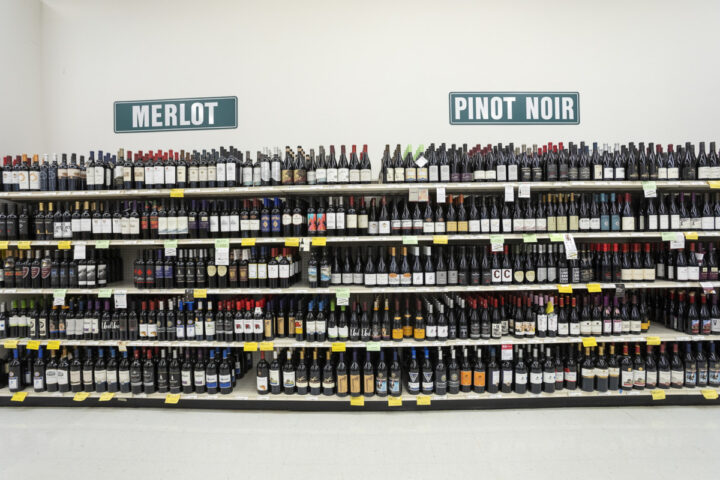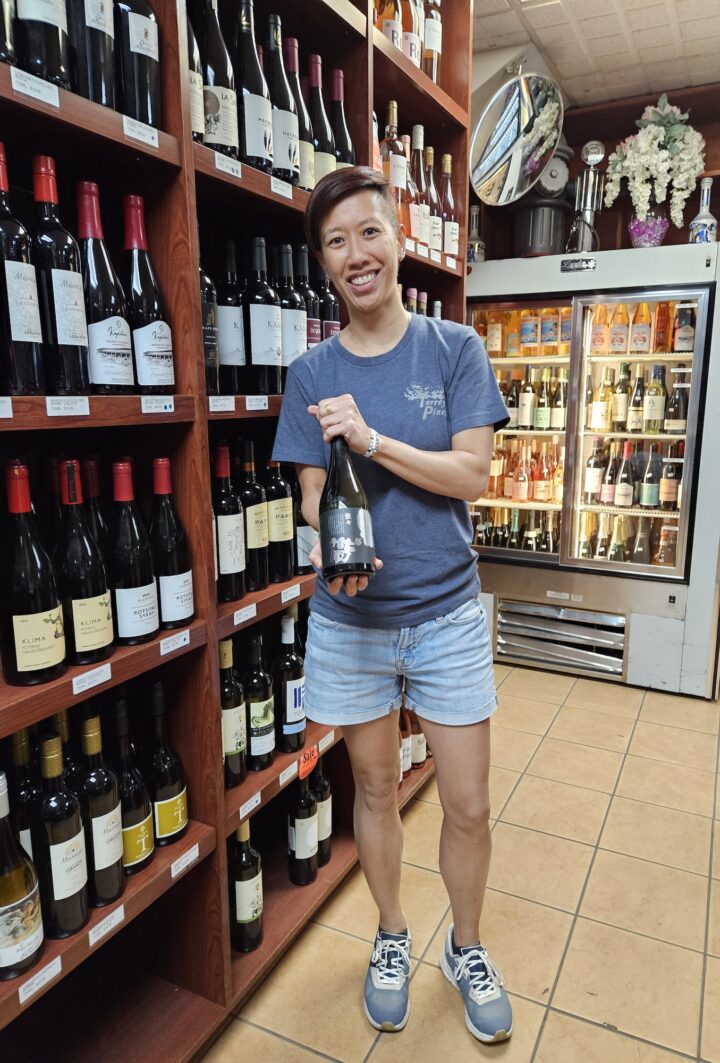
A bill to allow New York supermarket wines sales died in committee due to a lack of support. “Legislators passed on this bill and the horrible notion of putting over 3,000 stores out of business and losing 50,000 jobs,” says Mark O’Callaghan, chairman of the government affairs committee of the New York State Liquor Store Association (NYSLA) and owner of Exit 9 Wine & Liquor Warehouse in Clifton Park, New York. “It’s about jobs and corporate greed. The grocery store chains want to take something from independent family-owned stores and make more money.”
State senator Liz Krueger and state assemblywoman Pamela Hunter sponsored the bill. The two lawmakers note New York is one of 10 states not allowing wine sales in grocery stores. Krueger and Hunter claim the current law is outdated. O’Callaghan spent many days lobbying against the bill at the state capitol in Albany. “Wine in grocery stores would devastate independent wine and liquor stores in New York,” he says. “[NYSLSA is] a grassroots organization and stands up to tell our story. It will happen every year. The grocery stores aren’t going to stop.”
Since Prohibition was repealed in 1933, only independent licensed stores can sell spirits and wine in New York. There are no multiple licenses or liquor store franchises. This one-license-per-entity policy is designed to benefit small businesses. Looking to gain support, Krueger and Hunter added amendments to the bill, including one to incentivize the sale of New York-produced wines. “It would be unconstitutional to favor New York State wineries in New York grocery stores,” says Michael Correra, executive director of the Metro Package Store Association and co-owner of Michael Towne Spirits & Wine in Brooklyn, New York. “There is no way that would stand. We do a great job selling New York State wines. The legislators and grocery stores who want this are looking for a backdoor way to get wine sales in grocery stores.”
Three bills that would change New York beverage alcohol laws passed both the state senate and assembly this year’s legislative session, which ended in June, and await action from Governor Kathy Hochul. One bill (S.409-A) would allow on-premise establishments to purchase and resell small quantities of alcohol from wine and liquor stores. Another bill (A. 6277-A) creates a brand owner’s license in New York allowing an individual to contract with a licensed alcohol producer to manufacture, package, and distribute the brand owner’s product. The third bill (A. 7040-B) would authorize private for-profit membership establishments to apply for on-premise liquor licenses.

The battle over retail wine sales in New York, meanwhile, has been raging for years. The “New York State For Wine” coalition of grocery stores launched a website and petition in December 2024 to allow wine sales in grocery stores. The coalition claims wine sales in grocery stores won’t hurt wine and liquor stores. “If grocery stores are allowed to sell wine, package stores will be gone,” Correra says, noting wine accounts for 70% of his sales. “Many stores are already suffering. Sales are slow. It would be incomprehensible. It’s one of the last few small businesses out there. There are too many empty storefronts.”
Since wine sales in grocery stores became legal in Colorado in March 2023, approximately 230 independently owned beverage alcohol stores have closed and more closures are anticipated, according to Mat Dinsmore, president of Colorado Independent Liquor Stores United and owner of Wilbur’s Total Beverages in Fort Collins, Colorado. “The erosion of the independent market continues to get worse,” he says.
Wine in Colorado grocery stores is also impacting wholesalers and suppliers. “Independent liquor store owners have fallen behind because foot traffic is down so far,” Dinsmore says. “This also affects wholesalers, as their ability to ship to store owners who are unable to pay their bills continues to deteriorate. The wholesalers get stuck holding the bag because they’re not getting their bills paid, while suppliers continue to be frustrated.”
Andrea Fang, buyer for Mei Chi Liquor in Brooklyn, New York, is concerned about the relentless push for wine sales in grocery stores. “After Colorado legalized wine sales in supermarkets, many independent, family-run shops were forced to shut down,” she says. “That December, we welcomed visitors from Denver to our Brooklyn store. When I asked about wine shopping back home, they shared real sadness over the closures and spoke passionately about supporting local wine shops. I worry New York could face the same fate.”
Fang anticipates grocery stores would stock mass-produced, nationally distributed brands with limited diversity and rarely have staff trained in wine. “At the store level, we’re focused on educating customers about what they stand to lose if wine enters grocery stores—personalized service, expert guidance, rare imports, curated selections, and custom ordering,” she says. “My concerns about allowing wine sales in grocery stores go beyond the loss of personalized service. They also speak to the erosion of thoughtful curation. At our shop, nearly every bottle is hand-sold.”
Mei Chi has about 700 wine SKUs and wine accounts for about 65% of the store’s overall sales. “Wine is art—layered, expressive, and meant to be experienced, not just consumed,” Fang says. “The more we communicate the unique value we provide, the stronger our position becomes.”